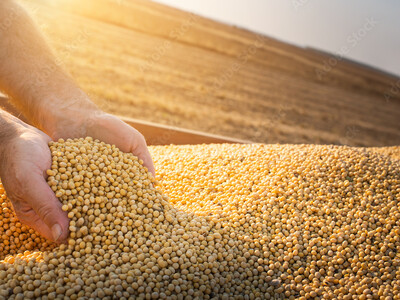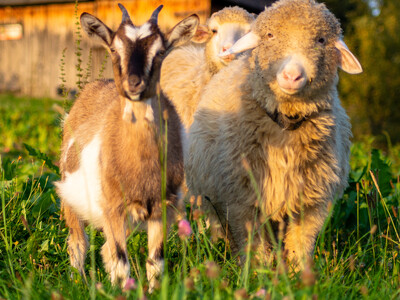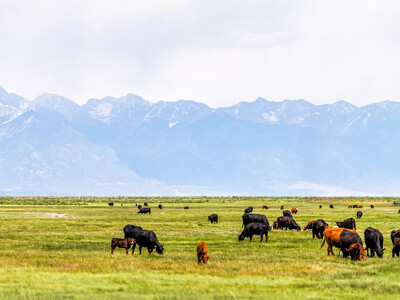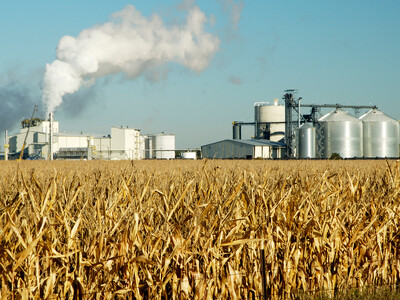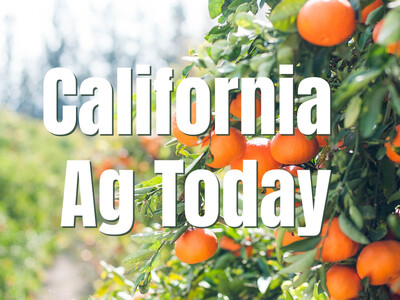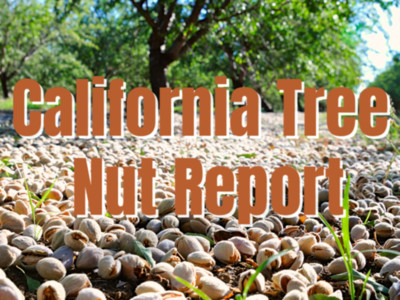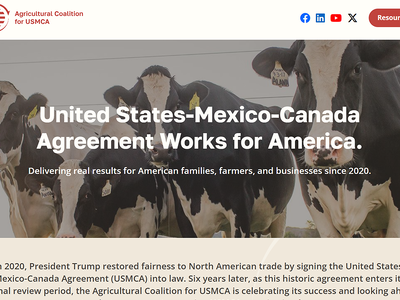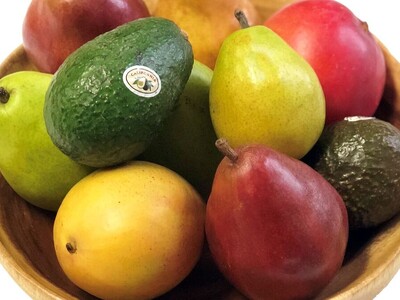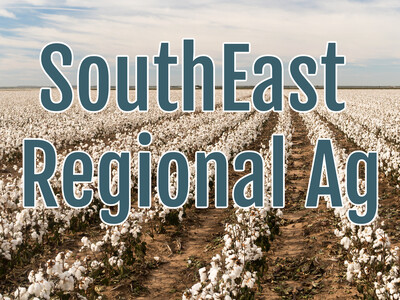Bringing People Back to the Farm
SCHAFER: They recognize they have to consolidate the land use because they’ve got all these little itty bitty farms that are basically producing by hand and the **** are not working so they’re moving massive amounts of farmers in to planned communities. They’re giving them an annual salary plus free housing and then saying we’re going to take your land back and put it together in productive big yielding farms so that reduces jobs too in rural areas. So in the meantime while they’re trying to increase yields by economies of scale they are also moving people off so that it’s a tricky balance there how they’re going to get jobs in the rural area.
Earlier this month - Schafer spoke at a major agriculture fair in Yangling (yawn ling). Schafer says attempts are underway to flatten out
SCHAFER: As they expand for instance the beef production, as they develop a herd in
Schafer says the
That’s today’s Line On Agriculture. I’m Greg Martin on the Northwest Ag Information Network.





